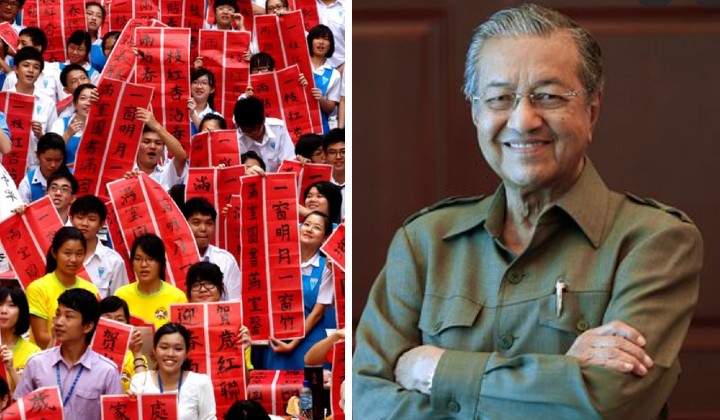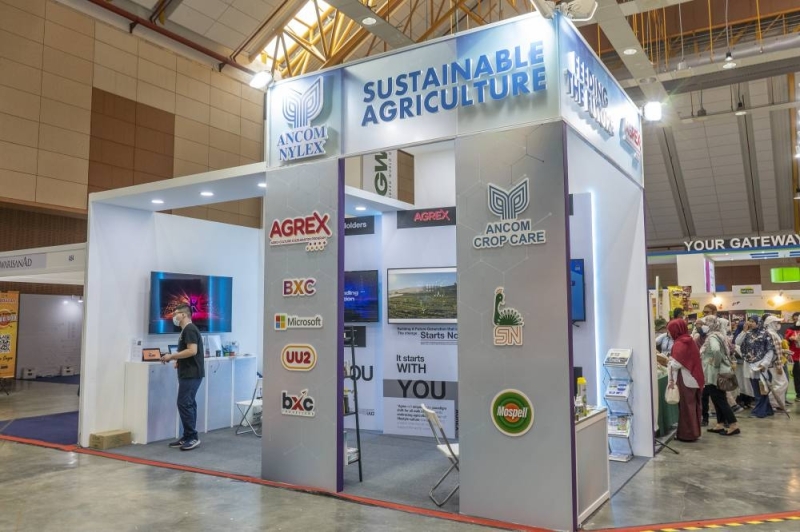KUALA LUMPUR (Oct 5): Malaysia and Germany have great potential to work closely in the plastic industry to promote a better understanding of sustainability practices whilst adding value to the joint effort in safeguarding society and environment.
Malaysia’s Consul General in Frankfurt, Germany, Farzamie Sarkawi said as the term “plasticity” relates to the idea of ever-changing and powerful adaptability, the notion of versatility has made plastics one of the most crucial products in peoples’ lives.
“Malaysia is currently experiencing rapid sustainability transformation and as we promote circular economy activities guided by Malaysia Plastics Sustainability Roadmap 2021-2030 and National Investment Aspirations, we recognise the significance of the plastics business.
“I believe Malaysia’s move to champion sustainability is very timely as Germany prepares to introduce its Supply Chain Due Diligence Act in January 2023,” he said in a webinar entitled ‘Business Opportunities on Sustainable Materials, An Outlook On The Malaysia and German/ North Rhine-Westphalia (NRW) Ecosystem’ on Wednesday.
The webinar was held in conjunction with Malaysia’s participation in KFair 2022 in Dusseldorf, Germany, which is the world’s largest trade fair for the plastics and rubber industry.
NRW is the number one plastics region in Germany and Europe with over 145,000 employees and an annual turnover of 36 billion euro.
Malaysia External Trade Development Corporation (Matrade) Frankfurt Trade Commissioner Zuhaila Sedek said Germany has a strong emphasis on adherence to rules, regulations and sustainability.
Therefore, she said it is necessary for Malaysian companies to transform for readiness
“Adhering to sustainable practises is no longer an option. It is a necessity to access the European Union (EU) market, particularly Germany.
“And with Germany’s upcoming Supply Chain Due Diligence Act coming up next year, Malaysian companies must ensure that it can remain in the supply chain of German companies,” she said.
She said it is also an opportunity to understand and explore Germany’s huge market potential as NRW is home to more than a third of Germany’s top 50 selling companies.
“Moving forward, in the current economic climate, it is also important to diversify by forming collaborations such as research and development (R&D) and product development to champion a value that would bring good branding for Germany and Malaysia,” she said.
She said Matrade has identified a stronger pool of Malaysian companies this time for the fair, aiming to highlight Malaysian capabilities, innovation and sustainability.
In 2021, Malaysian export of plastic resin and plastic-related products was recorded at RM16.01 billion, or about 3.4 billion euro.
As of August 2022, Germany was Malaysia’s largest trading partner in Europe and the 13th largest trading partner overall as well as the 14th largest export destination and ninth largest import source.
For the same period, Malaysia was Germany’s 33rd largest trading partner, 42nd largest export destination and 28th largest import source.
NRW.Global Business general manager Asia and Australia Astrid Becker said German companies should have a better look at Malaysia given the strong economic development the Southeast Asia nation is going through.
“There is also an excellent education system, where German companies can rely on a well-educated workforce and find complementary partners in Malaysia and further into the ASEAN region.
“Besides, we want to build on relationships where German companies can get supplies from Malaysia for the activities in NRW.
“There is a lot of opportunities for NSW companies to discover and we hope to bring more companies together in both countries to become valuable business partners,” she said.
NRW.Global Business is the trade and investment agency of the state of NRW.
German Chamber of Commerce and Industry (IHK) Ostwestfalen zu Bielefeld (the main chamber for Malaysia in NRW) international consultant Jan Muller said German companies are looking for new market possibilities given the difficult market situation.
“We’ve seen Russia and other markets but when markets are getting difficult like in Russia at the moment, industry players are looking abroad and away from China markets and that is where Malaysia comes in.
“They (Malaysia) are strong, have a good government, stable market and reliable for German companies to invest. We want to connect with Malaysia and see how we can do business there,” he added.








